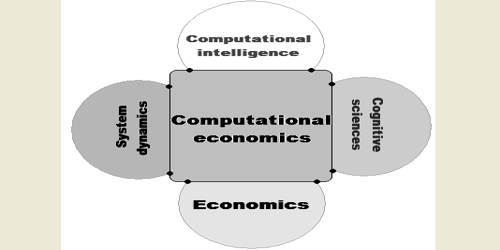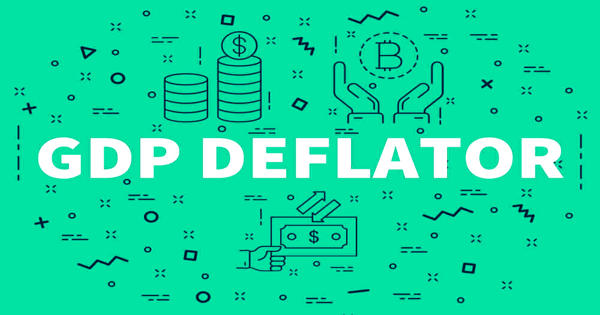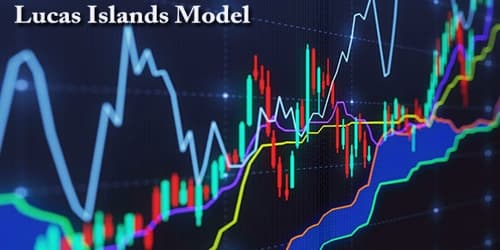Computational economics is a research discipline at the interface of computer science, economics, and management science. It is rapidly evolving into an independent branch in economics. This subject encompasses computational modeling of economic systems, whether agent-based, general-equilibrium, macroeconomic, or rational-expectations, computational econometrics and statistics, computational finance, computational tools for the design of automated internet markets, programming tool specifically designed for computational economics and the teaching of computational economics. The main focus is the integration of information (IT) into economics and the automation of formerly manual processes. Some of these areas are unique, while others extend traditional areas of economics by solving problems that are tedious to study without computers and associated numerical methods. Some of these areas are unique to computational economics, while others extend traditional areas of economics to new areas through computational techniques.
Areas of study within the field of computational economics include:
- Agent-based computational modeling.
- Computational econometrics and statistics.
- Computational finance.
- Computational modeling of dynamic macroeconomic systems.
- Computational tools for the design of automated internet markets.
- Programming tools for computational economics.
Computational economics uses computer-based economic modelling for the solution of analytically and statistically- formulated economic problems. Any branch of economic study may use modeling through computers, thereby entering the field of computational economics. A research program, to that end, is agent-based computational economics (ACE), the computational study of economic processes, including whole economies, as dynamic systems of interacting agents. As such, it is an economic adaptation of the complex adaptive systems paradigm. Here the “agent” refers to “computational objects modeled as interacting according to rules,” not real people. Agents can represent social, biological, and/or physical entities.
Computational economics uses advanced computing to solve problems from all branches of economic study. The theoretical assumption of mathematical optimization by agents in equilibrium is replaced by the less restrictive postulate of agents with bounded rationality adapting to market forces, including game-theoretical contexts. Starting from initial conditions determined by the modeler, an ACE model develops forward through time driven solely by agent interactions. The scientific objective of the method is “to … test theoretical findings against real-world data in ways that permit empirically supported theories to cumulate over time, with each research building on the work before.”
















